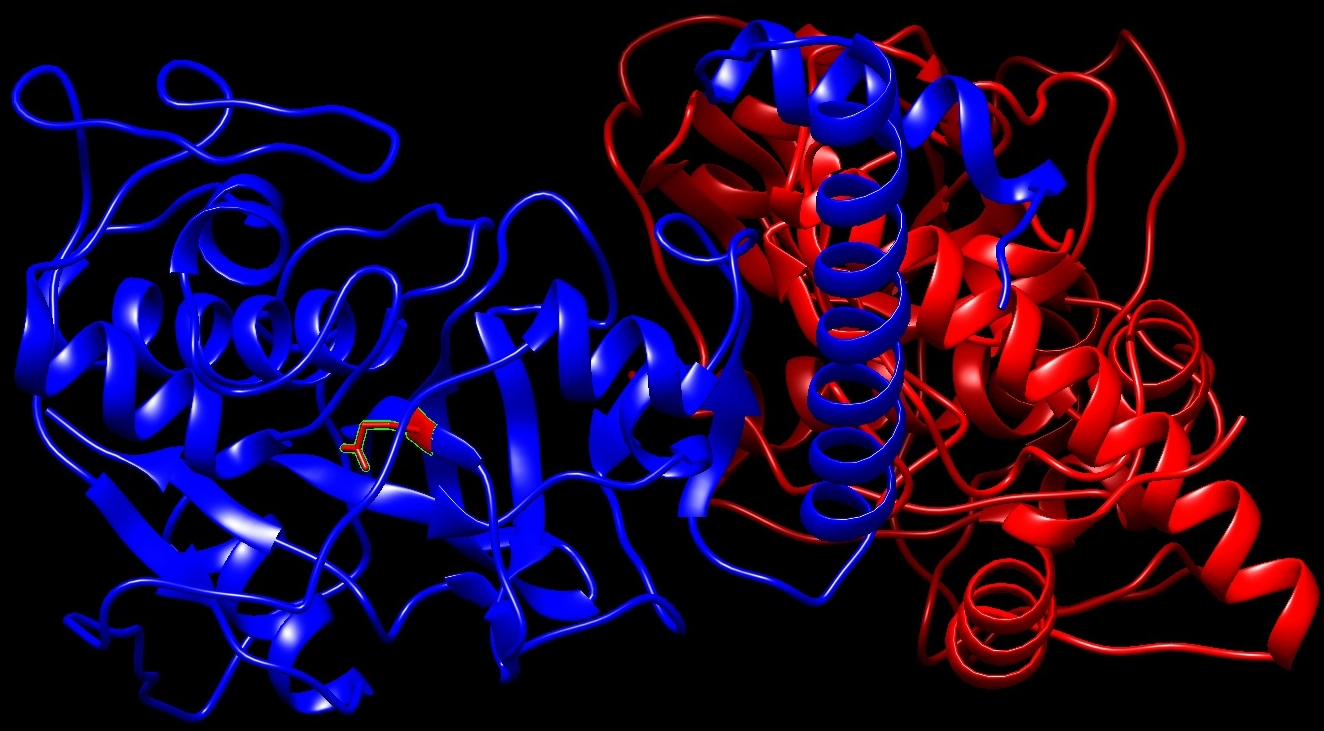Identification of a Novel Mutation in the Cathepsin K (CTSK) Gene in Iranian Patients with Pycnodysostosis
Clinical Medicine And Health Research Journal,
Vol. 2 No. 4 (2022),
21 August 2022
,
Page 165-168
https://doi.org/10.18535/cmhrj.v2i4.68
Abstract
Background: Pycnodysostosis is a rare autosomal recessive skeletal dysplasia, which is characterized by various skeletal malformations and distinctive facial characteristics. The disorder is caused by mutations in CTSK gene at chromosomal region 1q21, which encodes a lysosomal cysteine protease, cathepsin K.
Purpose: To describe the clinical, radiological, and molecular findings in a consanguineous Iranian family with 2 affected individuals demonstrating pycnodysostosis.
Methods: Whole exome sequencing (WES) was utilized to detect disease-causing variants. To prove the impact of the identified variants, in silico analysis using SIFT and PROVEAN web servers were carried out. The effects of the novel mutation on the protein structure was evaluated by Chimera software using normal and mutated structures derived from SWISS model web server.
Results: We identified the novel homozygous mutation, c.830C>A, in exon 7 of the CTSK gene. This missense mutation leads to the substitution of the amino acid alanine at position 277 by glutamic acid (p.A277E) in cathepsin K protease. Sanger sequencing analysis confirmed this mutation in the affected individuals and revealed that the parents were heterozygous for this gene mutation. Bioinformatics databases and the variant’s protein structure proved the deleterious effect of this novel mutation on the enzymatic activity of cathepsin K protease.

How to Cite
Download Citation
References
- Article Viewed: 0 Total Download


